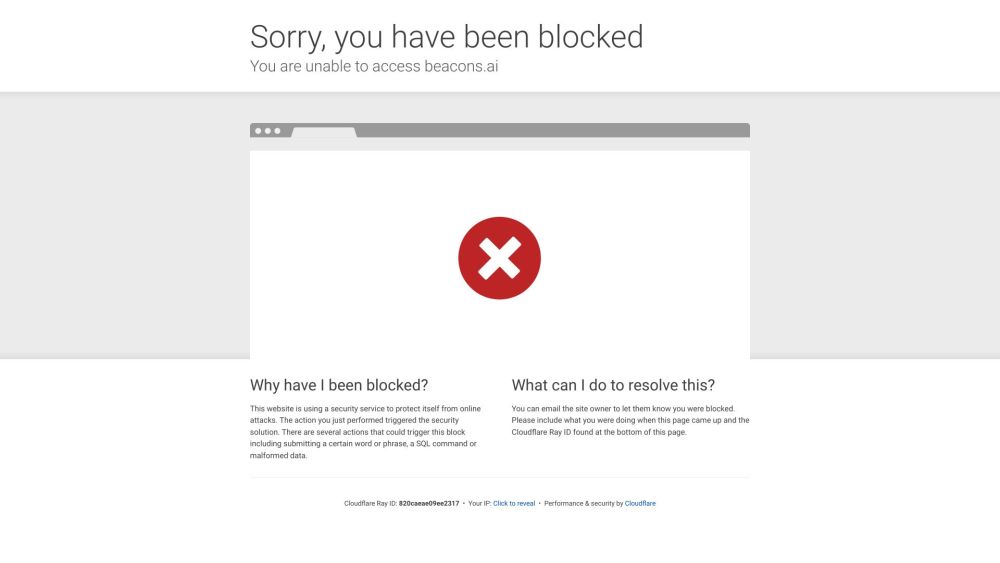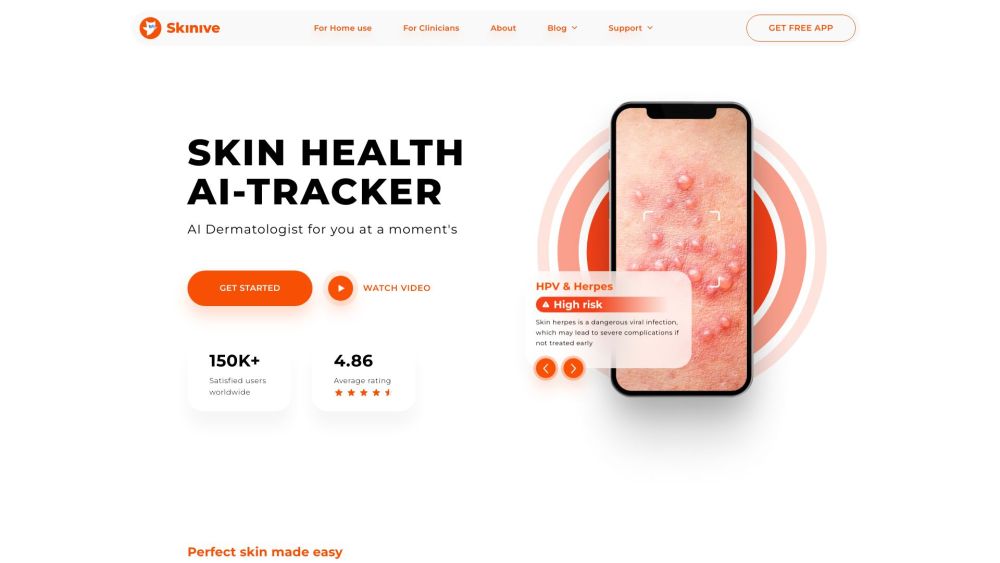This morning, Google CEO Sundar Pichai officially opened a new hub for artificial intelligence in Paris, located within a newly renovated building close to Google’s main office. This hub will accommodate around 300 researchers and engineers.
If you’ve been following Google’s activities in Paris, you might recall that the company established an AI research center there back in 2018. According to Google, this new hub won’t feature a separate AI team; rather, the same 300 researchers and engineers will shift to this new office space from roles within Google Research, DeepMind, as well as teams from YouTube and Chrome.
The launch event drew attention from prominent government officials, including Bruno Le Maire, the Minister of the Economy, and Valérie Pécresse, the President of Île-de-France, both of whom welcomed Pichai and commended Google on its latest achievement.
Given the significance of this announcement, let’s analyze its strategic implications. By spotlighting this new hub, Google aims to maintain its status as a leading player in attracting AI talent in Paris.
Instead of a simple email to staff about badge pick-up procedures, Google recognized this as a valuable PR opportunity. The company wants to underscore its commitment to AI as a top priority.
There’s a solid reason for Google’s optimism in attracting AI talent in Paris: several major tech firms have established AI research labs in the city in recent years. Besides Google, Facebook (now Meta) set up its Paris research lab in 2015 under the visionary leadership of Yann LeCun, branded as FAIR (Facebook Artificial Intelligence Research).
In the years since, numerous researchers and engineers have transitioned from Big Tech roles to startup ventures. Mistral AI stands out as a notable case, having raised substantial funding to develop innovative foundational models.
Paris is home to a burgeoning ecosystem of AI startups, including Nabla, Dust, Gladia, and Giskard. As this landscape evolves, professionals from these startups may opt for opportunities at Google should they seek a change.
The AI Dominance
This development also highlights Google’s underlying apprehension toward artificial intelligence. The new building will not only accommodate AI research teams but also groups focused on consumer products like YouTube and Chrome. Rather than simply branding it as a “Google hub,” however, the company has emphatically labeled it an AI hub, reinforcing its identity as an AI-focused organization.
Indeed, the tech giant recently launched Gemini Ultra, its most advanced large language model to date. Yet, many still associate AI primarily with ChatGPT.
A year ago, during a press event in Paris, Google introduced Bard, its AI chatbot assistant, now rebranded as Gemini. This move was partly a attempt to catch up with ChatGPT, but it also served as a clear signal that Google is capable of delivering LLM-based chatbots and is committed to refining its offerings.
Today’s launch of the new AI hub can be seen as a continuation of Google’s strategy to consistently communicate its advancements in AI technology.
To be fair, Google isn’t alone in making bold statements about investments in AI. Microsoft recently pledged a €3.2 billion ($3.4 billion) investment over the next two years to enhance AI infrastructure in Germany. However, this initiative isn't solely focused on AI; it includes the construction of data centers for its Azure cloud platform, which serves a broader client base beyond just the AI sector. Thus, this trend extends beyond Google alone.






